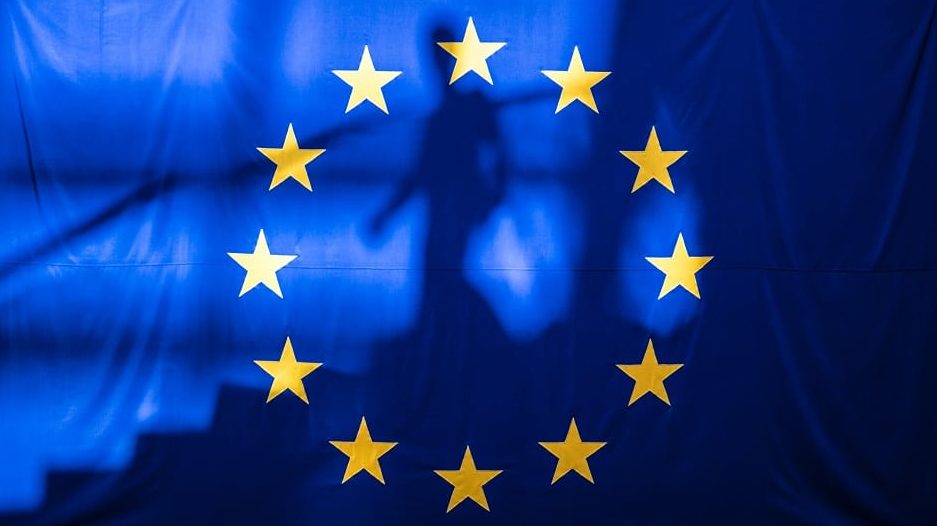The European Parliamentary elections are upon us and despite the UK being in the midst of Brexit negotiations, we will be participating, representing 73 of the 751 seats up for grabs. Although we have seen voting numbers decline over the last three elections, due to Brexit and the rise in populism, this election has seen an increase in interest on how the vote could impact markets.
The European Parliament has three main focuses; it passes EU laws, oversees the EU’s €145bn budget and supervises the European Commission. Each of the 28 members of the European Union are proportionally represented in the blocs only directly elected institution. National parties club together to form pan-European groups. Currently there are eight groups that range from mainstream centrist parties with a left or right tilt, to anti-European nationalist parties.
Since the Parliament formed, the centre-right and centre-left parties have had joint control, but the polls are indicating that although it’s likely they will remain the two largest parties they probably won’t keep control. The anti-European nationalist parties hold a quarter of the seats, meaning they are just short of a minority (one third of Parliament). If they reach this minority level the passing of new laws could become more difficult. At this point it is difficult to predict what this shift in Parliament could mean given we are in brand new territory. Although these populist parties could stop laws passing, it seems unlikely that they would be able to overcome their differences to bring about their own agendas, meaning further uncertainty which in turn will lead to more volatility.
Across many regions in Europe, populism has taken hold despite differences across countries converging. The historically poorer eastern European economies have made progress catching up with their western peers, differences in inflation rates have shrunk to their lowest in twenty years, while the gap in unemployment rates has narrowed and growth rates have converged. With all this positive data you would expect the individual countries in Europe to support globalisation and see the benefit of ‘one’ Europe however, the divergence across regions within these countries is significant. This resistance to globalisation could hit growth, not only in the countries where populist parties make gains, but across the whole of Europe. While eastern and central European capital cities take strides, mostly through a thriving services sector, rural regions have often become worse off with the strength of the capitals masking this. It seems this divergence could be a big contributor to the populism threat Europe faces.

Source: Bloomberg
Even in some of the richer parts of Europe, parties are in disarray. In France, Germany and the Netherlands the centrist parties face backlash as far-right parties, whom are often anti-immigration, collect votes. The Alternative for Germany party for instance is campaigning for increased border security and pledging to fight “an invasion of foreigners”, while in France, Macron’s party has only recently regained a narrow lead over the far-right party led by Marine Le Pen. Italy’s ruling Five Star Movement and the League have called for mass deportations of undocumented immigrants. The latter are on track to breach EU limits on budget deficits next year and continue to push back against rules, undermining the EU’s control. These push backs against European fiscal, security and banking rules are likely to persist if the Nationalists do make the forecasted gains, further distancing Italy from the rest of Europe and raising questions as to the country’s future as part of the bloc.
As a result, these uncertain times look set to continue and will likely bring further volatility to markets.

Source: Bloomberg










